Interview
Ruth Mañero: "Education and support are the keys to starting to break the cycle of child poverty"
Let’s delve into the work and philosophy of the NGO AMIC, an organization that has been active for over twenty years in Guinea-Bissau, dedicated to improving the living conditions of children and ensuring their rights.
Ruth Mañero has been involved in social causes since a young age, and today she continues this work at the forefront of the NGO AMIC. The organization, which operates primarily in Guinea-Bissau, dedicates significant efforts to improving the living conditions of children through a comprehensive approach that combines education, health, and support for families, among other things.
The president of the NGO, who is closely connected to the Fundación Ivan Mañero, directed by her brother, reflects on the social challenges facing the country, the transformations it has experienced, and the need to create a real and sustainable impact in the community. Additionally, we discuss with her the central role of education as a driver of change in the fight against child poverty, in a country where half the population is under fifteen years old.
Where and how did your concern and commitment to social issues begin?
It all started from a matter of family education. When my brother and I turned fourteen, the age at which we could start working, our parents gave us the option to take part in a social action. And that's what we did here in Catalonia. When we reached adulthood, my brother studied medicine and went to Brazil to work with the National Foundation of the Indian (FUNAI). There, he traveled throughout the Amazon to assist sick people who had no access to healthcare. Our paths then crossed at the NGO Doctors Solidarity of Catalonia, and we began working together.
But you wanted to go further.
Yes, because we realized that going to a place, doing a one-off action, and leaving only has a temporary impact on society from our point of view. What we were looking for was to generate a real impact.
How did you end up in Guinea-Bissau?
We arrived there with Doctors Solidarity, as we traveled across northern Africa with them, up to Senegal, following the route that the Paris-Dakar Rally used to take. In the second year we did this, it was decided not to enter Mauritania for security reasons, and we opted to go into Guinea-Bissau to distribute all the humanitarian material we had. At that time, Guinea-Bissau had just emerged from a civil war, and we quickly saw that it was a very poor country with a lot of work to be done.
What shocked you most about the country?
We wanted to start by working in the health sector, and we realized it was a country full of children. In fact, today half the population is under fifteen years old. By chance, we met people there who work with children and joined their efforts. Initially, we worked with children who had been injured by landmines in the country.
There is a personal aspect that further ties you to the country.
Yes, because at that time my husband and I, as a family, wanted to adopt a second child. We became the first Spanish family to adopt in Guinea-Bissau. From that, we became very connected to the orphanage where we adopted, called Casa Emanuel, run by two missionaries. Gradually, we began to develop projects and saw that the community accepted us well. This is very important to us because we always work closely with the community.
The president of the NGO, who is closely connected to the Fundación Ivan Mañero, directed by her brother, reflects on the social challenges facing the country, the transformations it has experienced, and the need to create a real and sustainable impact in the community. Additionally, we discuss with her the central role of education as a driver of change in the fight against child poverty, in a country where half the population is under fifteen years old.
Where and how did your concern and commitment to social issues begin?
It all started from a matter of family education. When my brother and I turned fourteen, the age at which we could start working, our parents gave us the option to take part in a social action. And that's what we did here in Catalonia. When we reached adulthood, my brother studied medicine and went to Brazil to work with the National Foundation of the Indian (FUNAI). There, he traveled throughout the Amazon to assist sick people who had no access to healthcare. Our paths then crossed at the NGO Doctors Solidarity of Catalonia, and we began working together.
But you wanted to go further.
Yes, because we realized that going to a place, doing a one-off action, and leaving only has a temporary impact on society from our point of view. What we were looking for was to generate a real impact.
How did you end up in Guinea-Bissau?
We arrived there with Doctors Solidarity, as we traveled across northern Africa with them, up to Senegal, following the route that the Paris-Dakar Rally used to take. In the second year we did this, it was decided not to enter Mauritania for security reasons, and we opted to go into Guinea-Bissau to distribute all the humanitarian material we had. At that time, Guinea-Bissau had just emerged from a civil war, and we quickly saw that it was a very poor country with a lot of work to be done.
What shocked you most about the country?
We wanted to start by working in the health sector, and we realized it was a country full of children. In fact, today half the population is under fifteen years old. By chance, we met people there who work with children and joined their efforts. Initially, we worked with children who had been injured by landmines in the country.
There is a personal aspect that further ties you to the country.
Yes, because at that time my husband and I, as a family, wanted to adopt a second child. We became the first Spanish family to adopt in Guinea-Bissau. From that, we became very connected to the orphanage where we adopted, called Casa Emanuel, run by two missionaries. Gradually, we began to develop projects and saw that the community accepted us well. This is very important to us because we always work closely with the community.
From here, you start to grow.
Yes, the first project we undertake is to help some girls who had been abandoned in a hospital. Their mother had died, they were born prematurely, and they were left forgotten in an incubator, from which they emerged burned from head to toe. This is how we begin to link childhood with health, shelter, and nutrition, and we start to propose projects in this direction.
You have been working in Guinea-Bissau for many years now. Has the country changed a lot during this time?
In recent years, it has made progress in technology. When we arrived in 1999, we had to communicate via satellite phones because there was no telephone network, much less mobile phones. This has changed. There have also been some improvements in roads, but there is still much to be done. For example, the road connecting the country to Senegal is still a dirt path. They also have a new parliament and a presidential palace, but in areas like education and healthcare, and at a social level, the reality is that not much progress has been made.
And what about childhood?
In this sense, one of the things that is beginning to improve is the concept of childhood. When we arrived, children were seen as a kind of property that could be used, so to speak. I'm speaking generally, and I don't mean to say that children aren't loved or anything like that; it's just that the concept of childhood was similar to what existed here a hundred or a hundred and fifty years ago. In other words, their health and education were not as prioritized as they are for us, but rather viewed as just another family member who needs to contribute like any other.
And has this changed?
Important work has been done in this regard, and today there is a better understanding that children need to go to school, an idea that was far from majority at the time. Parents would say, 'I didn't go to school, and I'm alive.'
Nonetheless, difficulties persist.
Guinea-Bissau remains a country full of children, and access to basic needs such as health and nutrition is very limited. Access to clean water is not guaranteed, houses do not have electricity or bathrooms. There are no public toilets, and people still relieve themselves as they did three hundred years ago. Child labor continues to be prevalent, and it is estimated that nearly half of children do not attend school regularly, a situation that is even worse for girls. Practices like child marriage and female genital mutilation still exist, affecting more than 50% of girls… Therefore, there is still a tremendous amount of work to be done.
What does all this imply for the children in the country?
The main issue is that society needs to realize that children have different needs than adults. In other words, a child needs to go to school, needs to eat more than once a day, needs hygiene that differs from that of an adult, and needs to see a doctor regularly… And all of this is lacking for the children of Guinea-Bissau.
You ensure that this doesn’t happen in the schools you have established.
Yes, in fact, one of the reasons children come to our schools is that we provide one meal a day, which is one less meal for the parents to worry about. There, especially in rural areas, children eat once a day and just get by. We also provide containers of clean drinking water that they can take home, which means they don't have to go fetch it in the morning and can come to school, which is a safe space for them.
Changing things involves transforming mindsets.
In this regard, one of the things we have been running for three years is a parents' school, where we aim to help them understand that children need to go to school, to the doctor… For example, this year we are requiring vaccination cards for school enrollment. If they don’t have one, it’s not a problem because we take care of accompanying the child to get vaccinated completely free of charge. It’s a way to instill the idea that children need to be vaccinated, because there are still many children who die from scarlet fever, whooping cough, or diarrhea, among others.
It must not be easy to challenge deeply rooted ideas.
It’s not easy at all, because there a four-year-old is seen as a fully autonomous person and therefore carries many responsibilities. Here, we wouldn't even let them go down stairs alone, but there, they are considered completely independent. This is one of the areas that needs more work, focusing on supportive education rather than authoritative education.
Yes, the first project we undertake is to help some girls who had been abandoned in a hospital. Their mother had died, they were born prematurely, and they were left forgotten in an incubator, from which they emerged burned from head to toe. This is how we begin to link childhood with health, shelter, and nutrition, and we start to propose projects in this direction.
You have been working in Guinea-Bissau for many years now. Has the country changed a lot during this time?
In recent years, it has made progress in technology. When we arrived in 1999, we had to communicate via satellite phones because there was no telephone network, much less mobile phones. This has changed. There have also been some improvements in roads, but there is still much to be done. For example, the road connecting the country to Senegal is still a dirt path. They also have a new parliament and a presidential palace, but in areas like education and healthcare, and at a social level, the reality is that not much progress has been made.
And what about childhood?
In this sense, one of the things that is beginning to improve is the concept of childhood. When we arrived, children were seen as a kind of property that could be used, so to speak. I'm speaking generally, and I don't mean to say that children aren't loved or anything like that; it's just that the concept of childhood was similar to what existed here a hundred or a hundred and fifty years ago. In other words, their health and education were not as prioritized as they are for us, but rather viewed as just another family member who needs to contribute like any other.
And has this changed?
Important work has been done in this regard, and today there is a better understanding that children need to go to school, an idea that was far from majority at the time. Parents would say, 'I didn't go to school, and I'm alive.'
Nonetheless, difficulties persist.
Guinea-Bissau remains a country full of children, and access to basic needs such as health and nutrition is very limited. Access to clean water is not guaranteed, houses do not have electricity or bathrooms. There are no public toilets, and people still relieve themselves as they did three hundred years ago. Child labor continues to be prevalent, and it is estimated that nearly half of children do not attend school regularly, a situation that is even worse for girls. Practices like child marriage and female genital mutilation still exist, affecting more than 50% of girls… Therefore, there is still a tremendous amount of work to be done.
What does all this imply for the children in the country?
The main issue is that society needs to realize that children have different needs than adults. In other words, a child needs to go to school, needs to eat more than once a day, needs hygiene that differs from that of an adult, and needs to see a doctor regularly… And all of this is lacking for the children of Guinea-Bissau.
You ensure that this doesn’t happen in the schools you have established.
Yes, in fact, one of the reasons children come to our schools is that we provide one meal a day, which is one less meal for the parents to worry about. There, especially in rural areas, children eat once a day and just get by. We also provide containers of clean drinking water that they can take home, which means they don't have to go fetch it in the morning and can come to school, which is a safe space for them.
Changing things involves transforming mindsets.
In this regard, one of the things we have been running for three years is a parents' school, where we aim to help them understand that children need to go to school, to the doctor… For example, this year we are requiring vaccination cards for school enrollment. If they don’t have one, it’s not a problem because we take care of accompanying the child to get vaccinated completely free of charge. It’s a way to instill the idea that children need to be vaccinated, because there are still many children who die from scarlet fever, whooping cough, or diarrhea, among others.
It must not be easy to challenge deeply rooted ideas.
It’s not easy at all, because there a four-year-old is seen as a fully autonomous person and therefore carries many responsibilities. Here, we wouldn't even let them go down stairs alone, but there, they are considered completely independent. This is one of the areas that needs more work, focusing on supportive education rather than authoritative education.
Are many children still educated with violence?
A UNICEF study explains that more than 90% of children in the country experience violent discipline. Often, parents don’t understand why we don’t hit children in our schools when other centers do. We try to explain that it is completely counterproductive because if a child is educated through violence, they will understand that violence is a solution.
It’s a task that requires a long-term perspective.
Yes, but when you achieve results, it is truly rewarding. Seeing more than one hundred and fifty parents at meetings who want to learn a different way of educating and want to know what their children need is very gratifying. Moreover, we have a lot of faith in the role of new generations.
They are the key and the engine for change.
Exactly. That’s why we teach civic education at school, discussing equal rights and studying women who were heroines of the country at different points in history. In fact, in Guinea-Bissau, they have Carmen Pereira, the first woman to be president of an African country. We want to educate girls using these role models, and for boys to see them as well. Additionally, starting in fifth grade, we provide very explicit sexual education, discussing female genital mutilation, child marriage, and the right to our own bodies. The idea is that when these kids become parents, they will have a much better understanding, making it easier.
Let’s talk about the entity’s projects.
Right now, we are very focused on education from a comprehensive perspective. We have a school in Hafia with 800 students that can be said to run on its own, meaning it is managed by local staff and is an autonomous project. We only handle sponsorships and a bit of oversight. This school year, we inaugurated the new Innova School, located in Bissalanca, a rural and very impoverished area of the country.
How was the new school project conceived?
Initially, it was a pilot school, and it worked very well because families wanted this school. We planned it to enroll children from first to fourth grade, but families asked for more. To expand it, during the pandemic, we bought land in the area that we found through Google Earth since we couldn’t travel to the country, and this school year, we have been able to inaugurate it.
It’s one of the entity’s most ambitious projects.
We are very satisfied with it because it has large, well-ventilated classrooms; restrooms for both teachers and students; a large kitchen-laboratory where meals are prepared, and an outdoor kitchen for the dry season; and a multipurpose room for various activities, among other features. Additionally, we are very pleased that of the 231 students we have, 163 are girls, which means we have conveyed the message to the community that girls should also go to school. This year, we have inaugurated secondary education and preschool, specifically P4 and P5.
A UNICEF study explains that more than 90% of children in the country experience violent discipline. Often, parents don’t understand why we don’t hit children in our schools when other centers do. We try to explain that it is completely counterproductive because if a child is educated through violence, they will understand that violence is a solution.
It’s a task that requires a long-term perspective.
Yes, but when you achieve results, it is truly rewarding. Seeing more than one hundred and fifty parents at meetings who want to learn a different way of educating and want to know what their children need is very gratifying. Moreover, we have a lot of faith in the role of new generations.
They are the key and the engine for change.
Exactly. That’s why we teach civic education at school, discussing equal rights and studying women who were heroines of the country at different points in history. In fact, in Guinea-Bissau, they have Carmen Pereira, the first woman to be president of an African country. We want to educate girls using these role models, and for boys to see them as well. Additionally, starting in fifth grade, we provide very explicit sexual education, discussing female genital mutilation, child marriage, and the right to our own bodies. The idea is that when these kids become parents, they will have a much better understanding, making it easier.
Let’s talk about the entity’s projects.
Right now, we are very focused on education from a comprehensive perspective. We have a school in Hafia with 800 students that can be said to run on its own, meaning it is managed by local staff and is an autonomous project. We only handle sponsorships and a bit of oversight. This school year, we inaugurated the new Innova School, located in Bissalanca, a rural and very impoverished area of the country.
How was the new school project conceived?
Initially, it was a pilot school, and it worked very well because families wanted this school. We planned it to enroll children from first to fourth grade, but families asked for more. To expand it, during the pandemic, we bought land in the area that we found through Google Earth since we couldn’t travel to the country, and this school year, we have been able to inaugurate it.
It’s one of the entity’s most ambitious projects.
We are very satisfied with it because it has large, well-ventilated classrooms; restrooms for both teachers and students; a large kitchen-laboratory where meals are prepared, and an outdoor kitchen for the dry season; and a multipurpose room for various activities, among other features. Additionally, we are very pleased that of the 231 students we have, 163 are girls, which means we have conveyed the message to the community that girls should also go to school. This year, we have inaugurated secondary education and preschool, specifically P4 and P5.
It’s not common for children to start school before the age of six.
We have done this because education in the country, from first grade to the end of secondary school, is compulsory in Portuguese, as Guinea-Bissau was a Portuguese colony. However, Portuguese is not their native language; only about 20% of the population speaks it. Children have their own language at home, which is that of their ethnic group, and then they interact with people outside in Creole. The problem is that many children arrive at six years old or later and find a teacher who only speaks Portuguese, with books and subjects that are only in Portuguese.
How do you approach these preschool courses?
We are developing a project-based system entirely in Creole, while introducing Portuguese as a foreign language. We also try to familiarize them with Portuguese through audiovisual materials, like cartoons and short documentaries. The idea is to introduce Portuguese in a playful way so that by the time they reach first grade, they have a broad enough vocabulary to follow classes normally.
Do you also create your own textbooks?
We have done this because education in the country, from first grade to the end of secondary school, is compulsory in Portuguese, as Guinea-Bissau was a Portuguese colony. However, Portuguese is not their native language; only about 20% of the population speaks it. Children have their own language at home, which is that of their ethnic group, and then they interact with people outside in Creole. The problem is that many children arrive at six years old or later and find a teacher who only speaks Portuguese, with books and subjects that are only in Portuguese.
How do you approach these preschool courses?
We are developing a project-based system entirely in Creole, while introducing Portuguese as a foreign language. We also try to familiarize them with Portuguese through audiovisual materials, like cartoons and short documentaries. The idea is to introduce Portuguese in a playful way so that by the time they reach first grade, they have a broad enough vocabulary to follow classes normally.
Do you also create your own textbooks?
We create all of them ourselves because there are no books in the country, and we don’t want to use textbooks from Portugal, as they obviously focus on Portugal and a reality that has nothing to do with theirs. For example, many schools don’t study the geography of Africa or the country because the textbooks don’t cover it. This year, for instance, we have created a geography and history book for first-year secondary education.
It can’t be easy to start a textbook from scratch.
It isn’t, because it requires in-depth research since we can’t rely on any existing books. This year, for example, in sixth grade, they are studying the ethnic groups of the country, and we had to conduct interviews to find out which languages are spoken, contacting anthropologists specialized in West Africa… We make an effort to recover the geography and history of their own country, which in textbooks often starts with Portuguese colonization, so that children can feel proud of their country, their past, and everything they have.
You want the school to be more than just a school. In what sense?
We want it to be more of a social center. That’s why we offer literacy courses for women, as in that area nearly 40% of women cannot read or write. We’ve also turned it into a training center for teachers, and this year, four volunteers have trained about fifty teachers from across the country. Additionally, it serves as a recreational center, a parents' school, and a health monitoring space for children, which includes a nurse.
You also work for the inclusion of children with disabilities.
We have children with intellectual disabilities in the school who share classrooms with their peers. This is important because in a country where disability is often stigmatized, having children in class greatly facilitates their inclusion and helps normalize the situation.
This center also aims to be a driver of development in the area.
Right now, twenty-eight people work there, all from the country, including the school administration. Our role is primarily supportive. We are also receiving young people and adolescents who have never had the opportunity to go to school, asking us if we can offer computer and vocational training courses. We are looking into it.
Do the demands always come from the community?
Always, because that’s when we know the projects will succeed.
Based on your experience, what would you say are the decisive factors for breaking the cycle of poverty in such difficult contexts as the ones you work in?
"I would say that education and support are key to breaking the cycle of child poverty. If a child is illiterate, they will very likely only repeat their parents’ poverty cycle. In contrast, a valid education will provide them with tools to have ideas and become entrepreneurs. Our aim is to support children in their dreams and help them make them a reality. Support is very important throughout this stage, until they become adults and can take care of themselves. There’s nothing sadder than children telling us they feel alone."
How can we collaborate with the NGO AMIC?
"Every year, we hold a large charity gala, which will be on November 14 at Masia Can Magí in Sant Cugat. However, the most meaningful way to collaborate is through sponsorship, as we do it in a very direct way. Beyond the funds that help children attend school, have meals, access clean water, books, and support, there’s a much more important reason."
What is it?
"It may seem trivial, but for the children, it’s important to know that there is someone, who lives very far away, who cares about their future. We have seen cases of children who struggled to study but, thanks to sponsorship, have become much more committed to their studies. Once again, we’re talking about the importance of support. When they know that someone is looking out for them, that cares about their grades and progress, and sends them photos and letters, their commitment increases because they feel there’s someone investing in them.
It can’t be easy to start a textbook from scratch.
It isn’t, because it requires in-depth research since we can’t rely on any existing books. This year, for example, in sixth grade, they are studying the ethnic groups of the country, and we had to conduct interviews to find out which languages are spoken, contacting anthropologists specialized in West Africa… We make an effort to recover the geography and history of their own country, which in textbooks often starts with Portuguese colonization, so that children can feel proud of their country, their past, and everything they have.
You want the school to be more than just a school. In what sense?
We want it to be more of a social center. That’s why we offer literacy courses for women, as in that area nearly 40% of women cannot read or write. We’ve also turned it into a training center for teachers, and this year, four volunteers have trained about fifty teachers from across the country. Additionally, it serves as a recreational center, a parents' school, and a health monitoring space for children, which includes a nurse.
You also work for the inclusion of children with disabilities.
We have children with intellectual disabilities in the school who share classrooms with their peers. This is important because in a country where disability is often stigmatized, having children in class greatly facilitates their inclusion and helps normalize the situation.
This center also aims to be a driver of development in the area.
Right now, twenty-eight people work there, all from the country, including the school administration. Our role is primarily supportive. We are also receiving young people and adolescents who have never had the opportunity to go to school, asking us if we can offer computer and vocational training courses. We are looking into it.
Do the demands always come from the community?
Always, because that’s when we know the projects will succeed.
Based on your experience, what would you say are the decisive factors for breaking the cycle of poverty in such difficult contexts as the ones you work in?
"I would say that education and support are key to breaking the cycle of child poverty. If a child is illiterate, they will very likely only repeat their parents’ poverty cycle. In contrast, a valid education will provide them with tools to have ideas and become entrepreneurs. Our aim is to support children in their dreams and help them make them a reality. Support is very important throughout this stage, until they become adults and can take care of themselves. There’s nothing sadder than children telling us they feel alone."
How can we collaborate with the NGO AMIC?
"Every year, we hold a large charity gala, which will be on November 14 at Masia Can Magí in Sant Cugat. However, the most meaningful way to collaborate is through sponsorship, as we do it in a very direct way. Beyond the funds that help children attend school, have meals, access clean water, books, and support, there’s a much more important reason."
What is it?
"It may seem trivial, but for the children, it’s important to know that there is someone, who lives very far away, who cares about their future. We have seen cases of children who struggled to study but, thanks to sponsorship, have become much more committed to their studies. Once again, we’re talking about the importance of support. When they know that someone is looking out for them, that cares about their grades and progress, and sends them photos and letters, their commitment increases because they feel there’s someone investing in them.
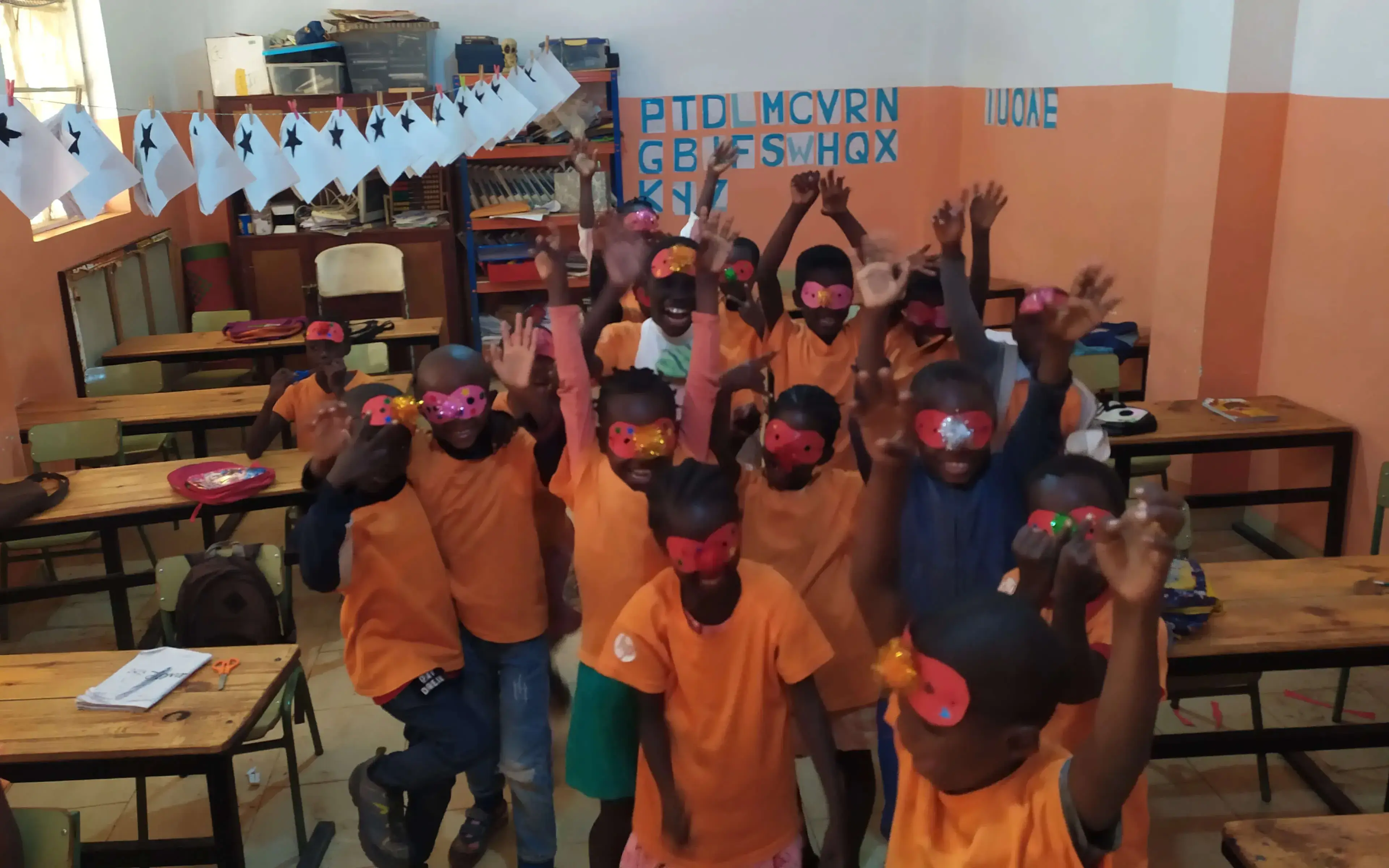
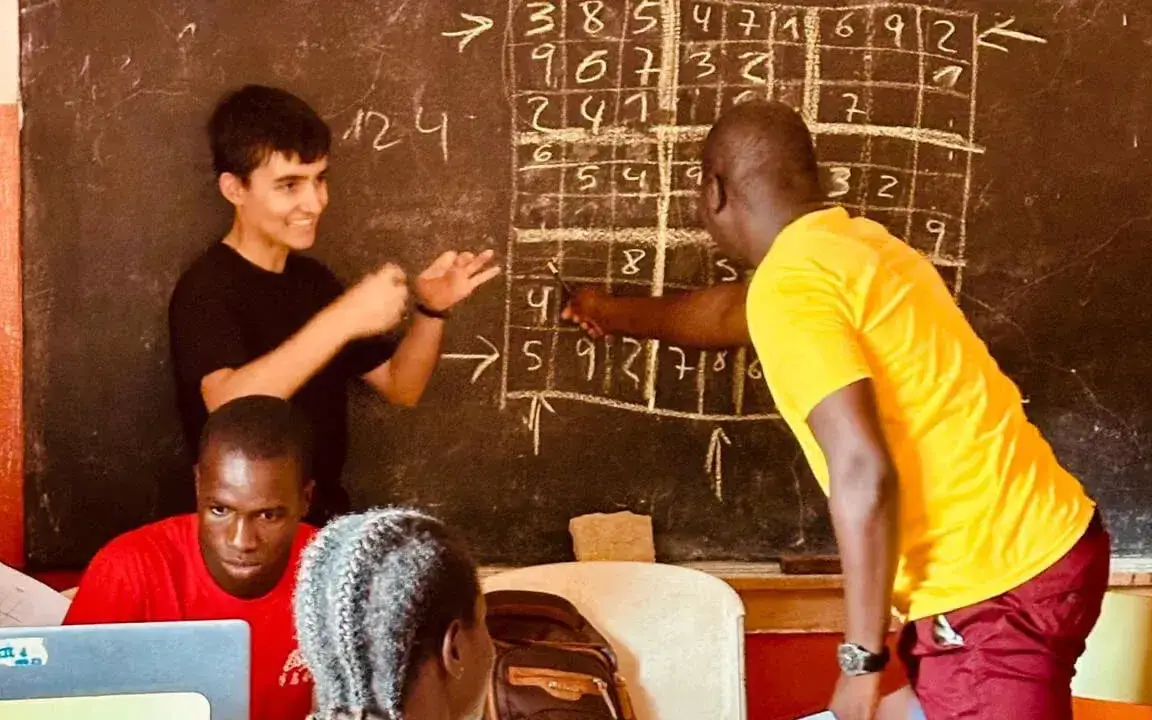


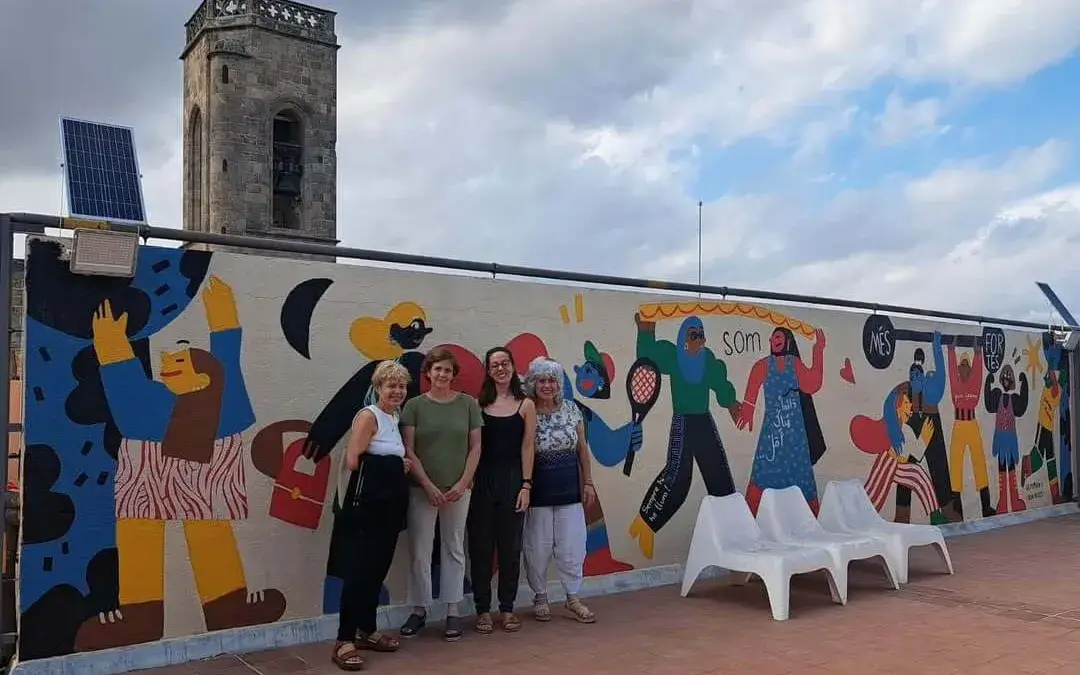
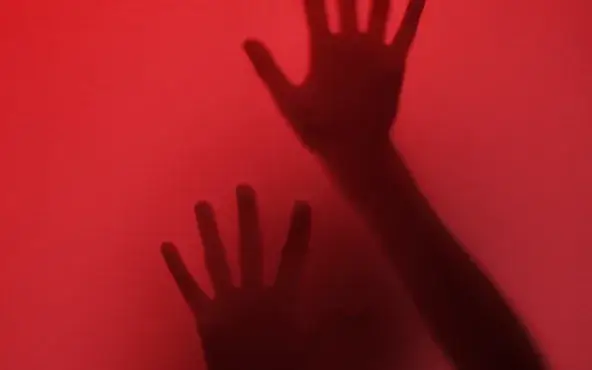
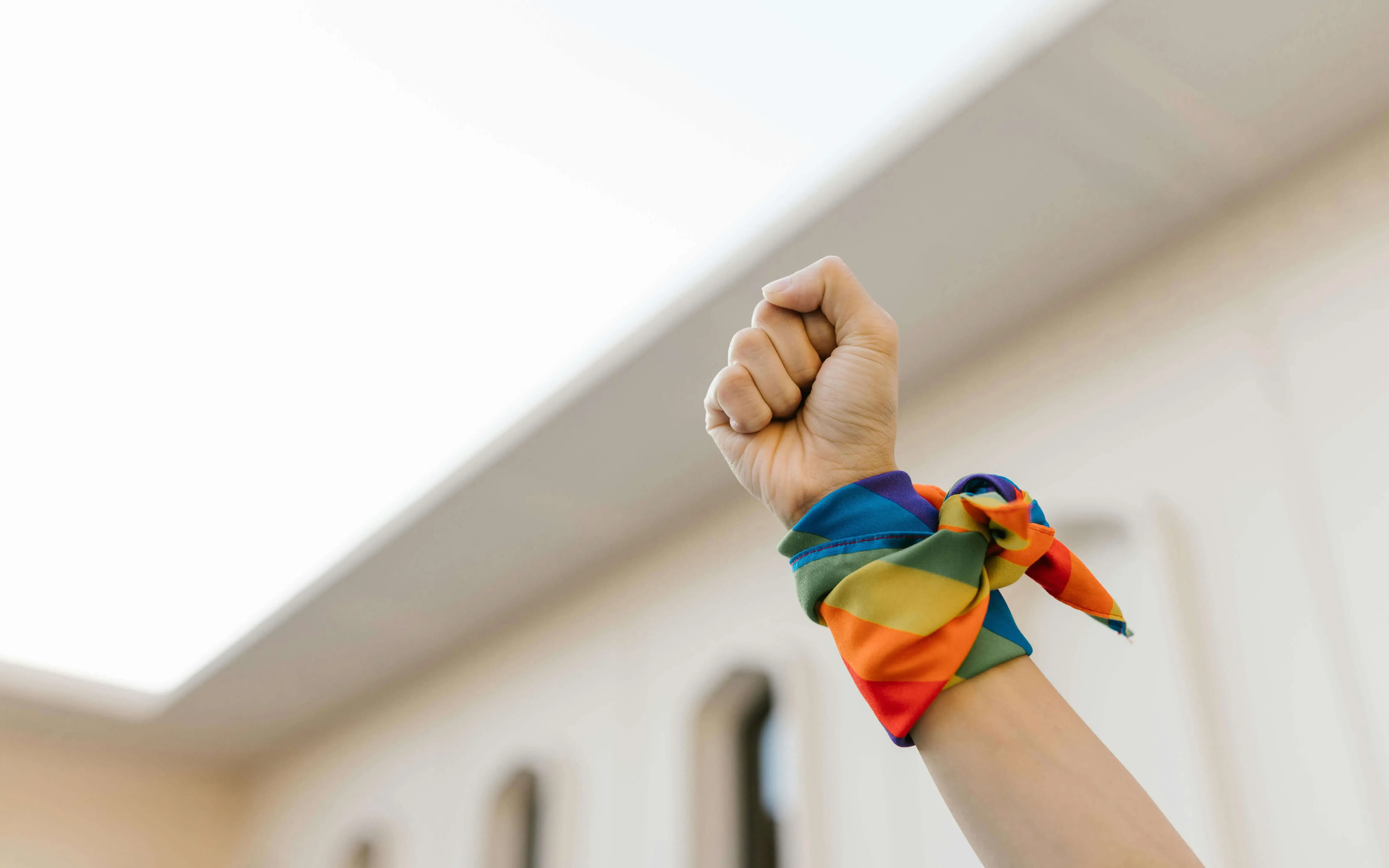
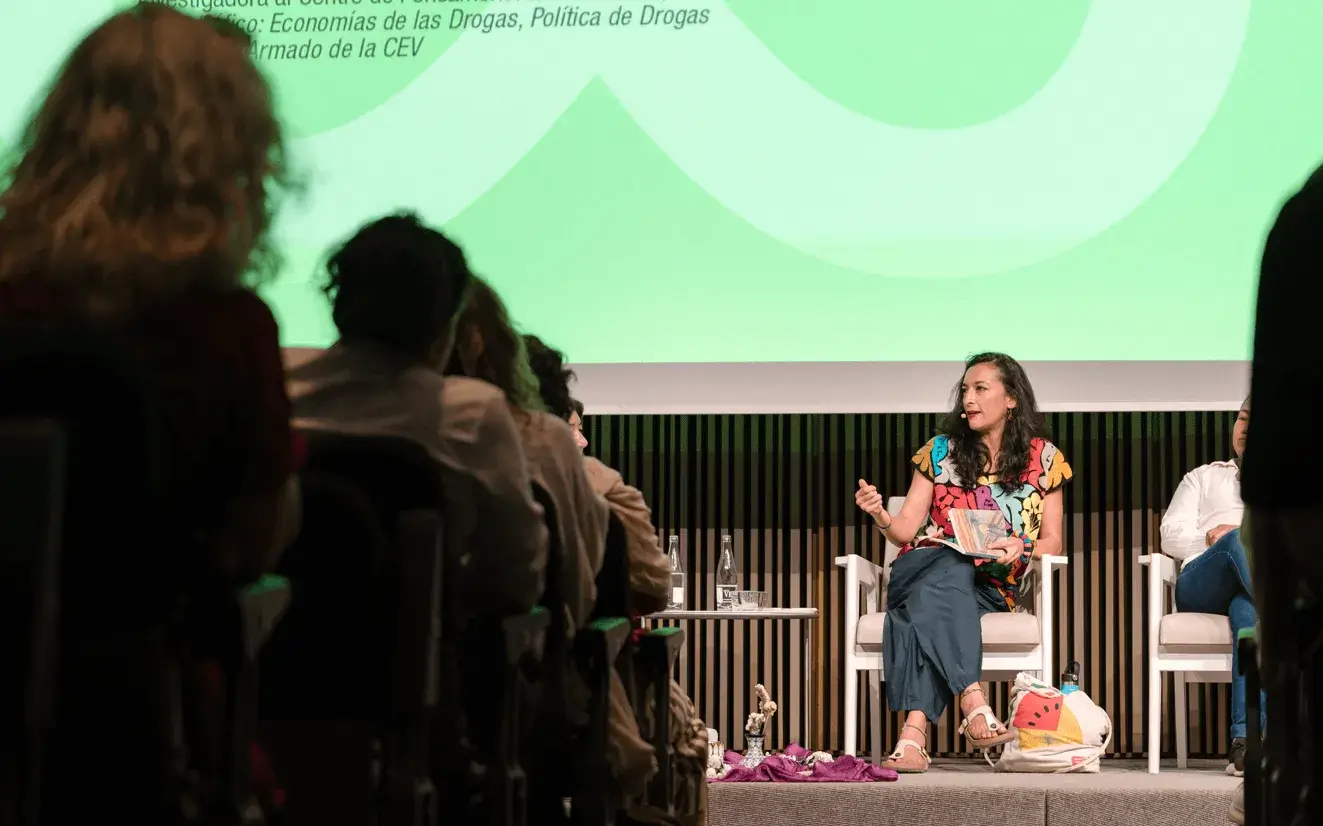
Add new comment